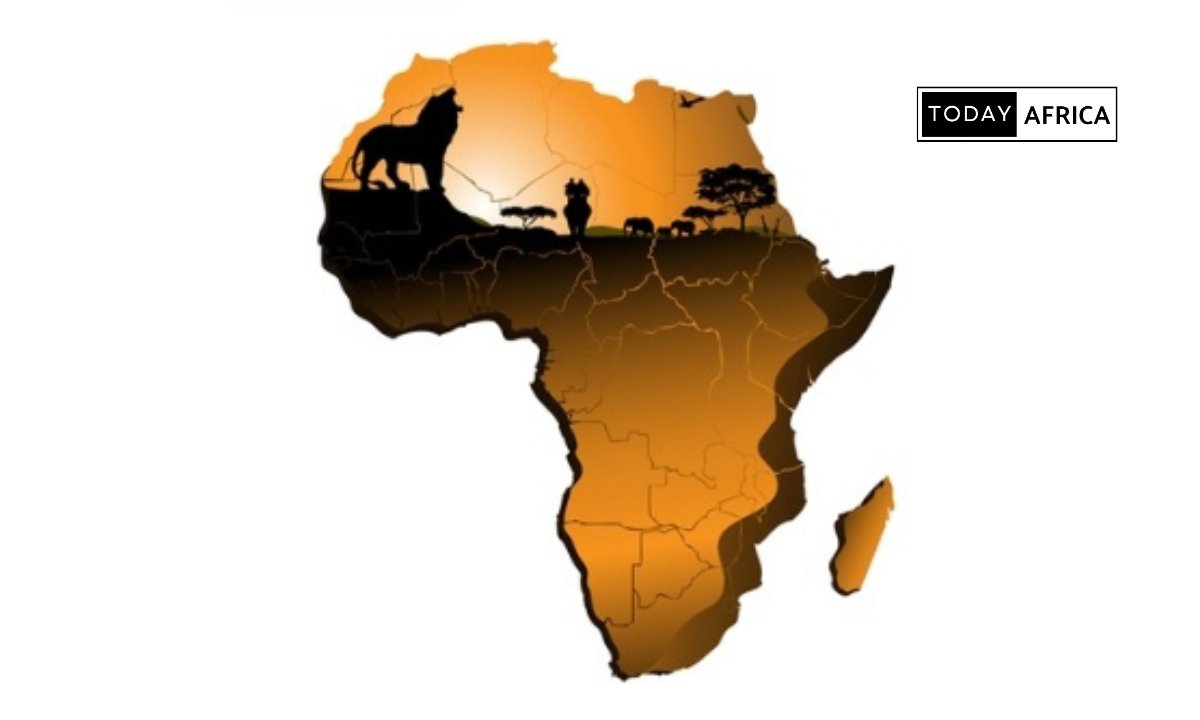India looks to Africa to help build a digital payment system by 2027 using its homegrown Unified Payments Interface (UPI).
An official informed Reuters that two payment systems are expected to launch by early 2027, with Rwanda being the only country where serious discussions have happened.
Ritesh Shukla, CEO of NPCI International Payments Ltd. (NIPL), confirmed that the overseas arm of the National Payments Corporation of India (NPCI) is in talks with “several countries” and is closing in on an agreement with one of them.
The NPCI, a quasi-regulator under the central bank, is a public non-profit organisation for retail payment systems in India. The regulator developed and launched UPI in 2016, which has since become India’s most popular payment solution, with more than 117 billion transactions in 2023 and usable for payments in seven countries.
UPI is an instant payment platform that enables interbank transactions through mobile devices. Users can access multiple bank accounts, conduct fund transfers, and make merchant payments with a single mobile application and two-factor authentication.
This is not the NPCI’s first move in Africa. In June 2024, the Bank of Namibia (BoN) signed an agreement with the international arm of the regulator, NPCI International Payments Limited (NIPL), to develop a secure national payment system, similar to India’s Unified Payment Interface (UPI), using the same technology.
In May 2024, Ghana partnered with India to implement UPI on its Ghana Interbank Payment and Settlement Systems (GHIPSS) within six months to facilitate low-cost, instant fund transfers.
India’s effort to penetrate Africa’s digital payments market
This development signals India’s effort to penetrate Africa’s digital payments market, projected to reach a total transaction value of $195.50 billion in 2024. The market is expected to grow at an annual rate (CAGR 2024-2028) of 12.65%, potentially reaching a total of $314.80 billion by 2028.
Meanwhile, UPI may face competition from well-known payment platforms in Africa. M-Pesa, for example, is a major player in Kenya and Tanzania, providing a wide range of mobile money services such as money transfers, bill payments, savings, and loans.
Read Also – Rise Stops Virtual Card Service Over Fluctuating Exchange Rate
Flutterwave, which operates in over 30 African countries, facilitates cross-border transactions between the diaspora and African countries. Paystack, a Nigerian fintech company, recently announced the launch of its Virtual Terminal in some African countries, including Côte d’Ivoire, Ghana, Kenya, and South Africa.
Stay updated on “India looks to Africa to help build a digital payment system”:
- Facebook: Today Africa
- Instagram: Today Africa
- Twitter: Today Africa
- LinkedIn: Today Africa
- YouTube: Today Africa Studio
















